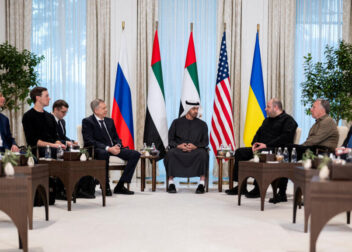Pakistan Defence Minister Admits Long-Term Role in Terrorism, Later Claims India’s Pahalgam Attack Was ‘False Flag’
Islamabad/New Delhi: Pakistan’s Defence Minister Khawaja Asif has reportedly admitted the country’s decades-long involvement in terrorism, a potentially damaging confession on the international stage. However, he has since shifted his stance, alleging the recent Pahalgam attack in India was a ‘false flag’ operation orchestrated by India and threatening repercussions.
Asif’s initial comments, described as a “sensational truth,” revealed that Pakistan has been involved in spreading terrorism for over 30 years, allegedly at the behest of the United States and the United Kingdom. In an interview with UK-based Sky News, amidst prevailing tensions between India and Pakistan, Asif stated that Pakistan had been performing this “dirty work” for the US for over three decades, supporting, aiding, and funding terrorist groups.
This admission lends significant weight to India’s long-standing allegations that Pakistan has consistently fostered and financially supported terrorist organizations. Despite abundant evidence of Pakistan’s role in numerous terrorist attacks on Indian soil, Islamabad has always vehemently denied these accusations and demanded proof. The Defence Minister’s own confession now raises serious questions about Pakistan’s credibility within the international community.
Khawaja Asif did not stop there. He further commented that Pakistan’s involvement in the war against the Soviet Union and supporting the US after 9/11 were mistakes for which the nation has paid the price. However, his claims were reportedly refuted by Pakistan’s former Ambassador to the US, Husain Haqqani, who stated that the US never supported the ‘jihad’ in Kashmir, and its partnership was limited to the anti-Soviet Afghan jihad, which concluded with the Soviet withdrawal in 1989. Khawaja Asif’s confession could potentially lead to further international isolation for Pakistan and strengthen accusations of promoting terrorism.
India has consistently accused Pakistan of supporting terrorist organizations, citing dozens of attacks on its territory where Pakistan’s hand has been evident. Pakistan, in response, has consistently denied these claims and demanded evidence. Meanwhile, numerous terrorist organizations remain active within Pakistan, many of which have been sanctioned by the United Nations. India alleges that Pakistan has used these groups as proxies to fuel jihad in Kashmir and carry out terrorist attacks against India.
In the wake of the Pahalgam terrorist attack, responsibility for which was claimed by The Resistance Front (TRF), a shadow organization of the Pakistan-based Lashkar-e-Taiba, India has taken a firm stand. India announced the suspension of the Indus Water Treaty with Pakistan, stating that the restriction will remain in place until Pakistan ceases its support for cross-border terrorism.
This development places Pakistan in a precarious position internationally, where the world will now be watching closely to see how much credence can be given to its future statements following the Defence Minister’s contradictory remarks.


